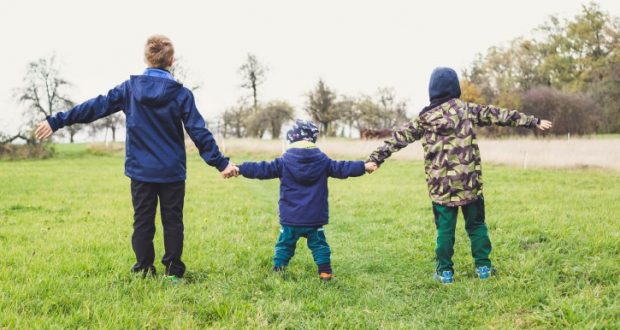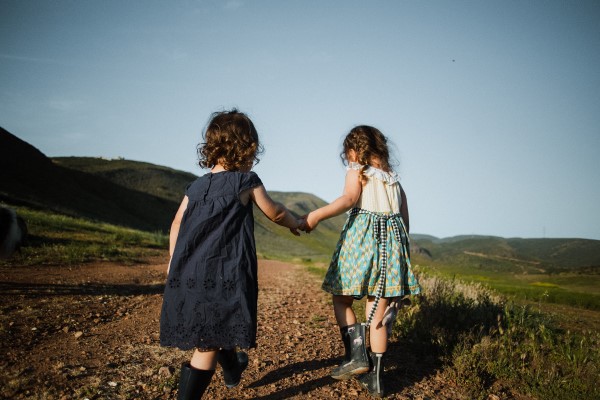FAMILY & CHILDCARE — At some point, many parents will likely find themselves encouraging their children to “be kind” or “be friendly.” While they lead with the best of intentions, nearly all parents will worry about whether their child is kind to others when adults are not around.
 “We often encourage children to be friends with everyone, but that’s unrealistic,” said Carter Peters from KinderCare’s Inclusion Services team. “We don’t have to be friends with everyone, but we do need to be friendly with everyone. When children learn to respect everyone, even those they don’t like, they help create a kinder, more welcoming community.”
“We often encourage children to be friends with everyone, but that’s unrealistic,” said Carter Peters from KinderCare’s Inclusion Services team. “We don’t have to be friends with everyone, but we do need to be friendly with everyone. When children learn to respect everyone, even those they don’t like, they help create a kinder, more welcoming community.”
While children are generally kind, it’s possible they might internalize societal messages that equate kindness with weakness.
Consider these three ways parents can encourage empathy:
1. Try a new twist on “what did you do today?” Find a consistent time during the day – at pick up, during dinner or before bedtime – to ask your child, “How did you help someone today?” or “How were you kind to someone today?”
Be sure to offer your own examples from your day, too. This helps your child understand the connection between his or her actions and kindness to others.
It also opens the conversation for you and your child to discuss missed opportunities to show kindness, how you could both do better next time and how you and your child could show kindness in the future.
2. Intentionally call out acts of kindness. Go beyond a simple “thank you” and be specific about why the action was kind: “That was so kind of you to clear the table after dinner. Your help made cleanup go faster. I appreciate that.”
Don’t forget to use this same technique with other family members, too. Ask your child what compliments he or she likes to hear and encourage him or her to do the same for others. This teaches empathy and encourages children to treat others the way they want to be treated.
3. Build a toolbox of responses for tough situations. First, help your child build emotional literacy skills by helping him or her learn to identify and name feelings. Then work together to identify appropriate expressions of those feelings.
“Children need to learn they can express big emotions, like frustration or anger, without taking those feelings out on others,” Peters said.
Some healthy ways to react to emotional moments could be to find a quiet place to calm down, talk with a trusted adult like a teacher, squeeze fists or name the feeling: “I’m so angry right now.”
The ability to think and react rationally diminishes when angry, so practicing potential responses while in a calm, low-stress state is essential to helping children learn to apply those responses when they’re upset.
Having this toolbox of responses to rely on also gives children the autonomy of deciding how best to respond to an emotionally difficult situation, which can lead to a sense of empowerment when they realize they chose to act kindly despite their emotions.








